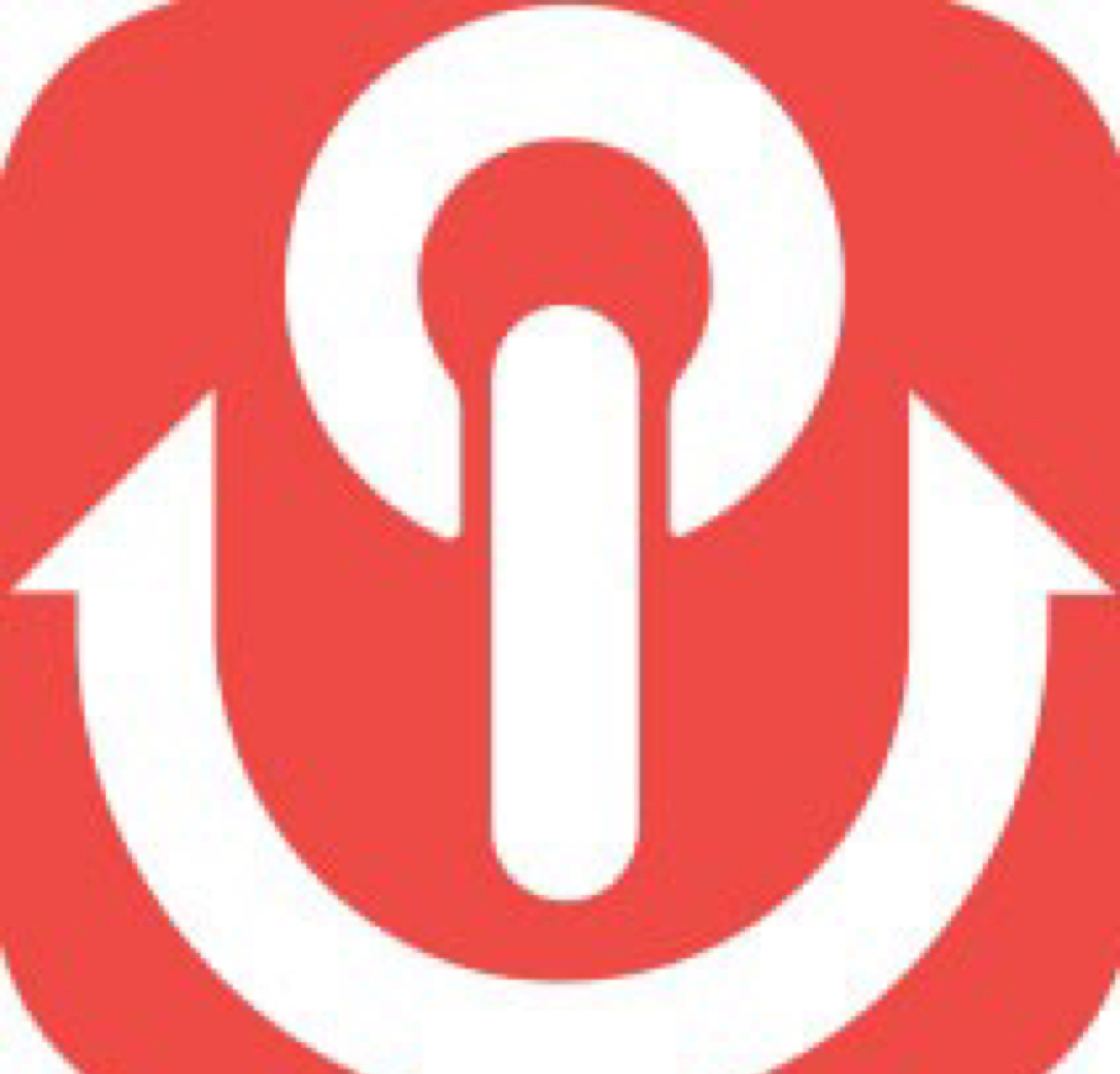Adam Cochran commented on the AC withdrawal event: There are 5 types of leaders, and AC is an innovator
Author: Adam Cochran
Note: On March 7, Adam Cochran, a partner of Cinneamhain Ventures, expressed his views on the withdrawal of AC on Twitter, classified the project founders from the perspective of venture capital, and explained the characteristics of each type of leader. The following is the full text compilation.
I think Andre's departure and impact on the project helps to teach cryptocurrency investors a lesson, which is a classic VC thesis I've been working on.
My point is that there are five different types of startup leaders:
innovator
Operators
polisher
Workaholic (Hustler)
learner
They each have different advantages, but also have different needs and shortcomings.
innovator
An innovator is someone who is driven by shiny new technologies, new problems, and new puzzles. They were most motivated when they were told that something was impossible or unsolvable. Innovators are often introverts who want to solve a difficult problem, build something, and move on to the next thing.
There's a very bad habit in the crypto space right now of looking down on this, treating it as 'rug', but it's totally necessary.
An innovator is not, and never will be, someone who makes a perfectly polished product. But they are the only ones capable of imagining and bringing something completely new that moves the industry forward.
Most innovations in life are carried out in small steps, and in the field of encryption, it is like forking UniswapV2 and adding new functions, trying new things every step of the way.
Innovators, however, build entirely new concepts from the ground up. This is critical.
In the startup VC world outside of crypto, we generally know that if we have an innovator at the helm, then they either need a strong COO and VP of product, or a visionary CEO, but startups The company needs an experienced president.
Innovators often end up selling or transferring the startup to other co-founders as they move on to the next thing.
That's not bad, they just focus on their skills.
And that's clearly the category Andre fits into.
He's bringing something to the crypto space that no one else has dreamed of. However, his preference is to build new things, not to maintain and polish.
That's fine, he's under no obligation to do so, especially since he never took a stake in his own projects. No matter how clearly he sets expectations, people project that onto him.
Operators
Operators are experts in organizations and processes. They steered the boat constantly. We see a lot of tech founders falling into this role given their experience with workflows and procedures.
Sometimes these leaders are founders, but more often than not, they are co-founders, senior executives, and sometimes the startup’s second CEO after the innovator leaves, and they often have the big task of building the foundation around the idea.
Of course, that doesn't mean they can't innovate themselves, or that they don't improve products or grow companies, but they'll never do radical reinvention like innovators, and that's not their job.
Operators, however, are uniquely positioned to catch innovators' start-ups before they fail and help turn them around. Because no other type of leader can take advantage of this lack of structure and turn it into productivity.
polisher
Polishers are perfectionists -- and not in a bad way.
Many designer leaders fall into this category. They believe that everything in life should be in its place before you can come up with the best possible experience. It is difficult for this type of leader to become a first-time founder because the cost of polishing a product is enormous.
As a result, we often see these leaders hired as executives, especially at late-stage startups (think Coinbase), who take products to new levels of mainstream.
While these leaders can still be great founders, they can also become obsessed with small details, wanting them to be perfect, which slows down rollouts and creates challenges.
However, they see the world in a way that other leadership categories do not.
They believe that every little detail is worthwhile and know that when every detail is at its best, it can take a product to incredible levels of growth.
Their skill sets are often wrongly overlooked by far too many executive teams. Whether in traditional startups or in the web3/crypto space. They are crucial to reaching mainstream users.
Workaholic (Hustler)
and
and"innovator"Similarly, they often move quickly to the next area, but instead of requiring something entirely new, they can move to the next part of the same product because speed, not novelty, drives them.
They often have some raw"good enough"products and features, but these were overshadowed by the speed of their early traction.
This tends to allow a business with such leaders to win in the early private markets, but if the leadership doesn't diversify its internal talent and culture, it often struggles to enter the mainstream market.
This path is common among many founders of venture capital startups. Within a few years, they had multi-billion dollar valuations, and then it was fraught with challenges.
Some companies split internally, such as LendUp, WeWork, Arrivo, Jawbone, Theranos, Kik; others quit and fell, such as Flipkart, Cloudera, Blue Apron, Shazam, Earn, PluralSight, FanDuel, HelloFresh, Zenefits, Box, WealthFront , Foursquare, Lime. There are also internal disputes in some companies, such as WeWork, Uber, Groupon, Oculus.
Whatever the fate of the startup itself, the reason is that it burns too hot, too fast, without knowing how or when to diversify its leadership talent to improve their business and product with other skill sets.
but that doesn't mean"Hustler"is bad, in fact, it's often critical for early-stage startups.
There are some startups that only exist if you can move fast, and fast traction can often provide an incredible funding track record to solve any challenge.
learner
Finally, there are learners, the least common type of startup founder, but most startup founders are like this.
One of the best examples of learners in tech is Bill Gates. Not the young, brash, early Bill Gates, but the Gates later at Microsoft (and post-Microsoft).
A learner is the kind of leader who realizes what he doesn't know and is eager to figure it out. They see everything as an emotionless problem that can be solved. They are experts at studying and researching, but manage to strike a balance between being humble and knowing they are not experts.
They know just enough about a subject, are able to select and empower the right experts in every area of their business, and follow their advice on most issues. They are not arrogant about their position, but expect you to defend your position rationally.
These types of leaders are easily some of the strongest, yet least common founders.
But this comes at the expense of growth rate and potentially a challenging work environment, as some elements may be overly calculating or rational rather than human.
Many of the companies run by these types of founders are "overnight successes, ten years in the making" companies—companies that are suddenly ubiquitous, but have been climbing slowly and orderly.
Side note: If you can actually find these founders, they seem to be a solid bet every time. But beware, they are not the jack-of-all-trades who never get it wrong. This is a deadly trap.
The important takeaway is that nearly every era of startup leadership or founders has gaps and requires a diverse and complementary leadership team to succeed. Innovators and hustlers, need operators and polishers - and we should all strive to be more like learners.
An industry that celebrates innovators and hustlers in boom times, but rages at their innovation and hard work in bust times. Venture investors chasing 100-fold rapid growth (because that's what's best for their fund reports) over-reward Innovators and Hustler. And perhaps worst of all, our token/team incentive model overly rewards early innovators and hustlers, while not rewarding late hires or external teams enough for polish and operational contributions.
When teams try to adjust the reward structure through governance votes, short-sighted investors often vote against allocating any funds to the team. This could lead to a lot of mid-stage retention issues like what we saw with Sushiswap.
Bringing this back to cryptocurrencies and Andre.
Andre is an innovator who has pushed the industry forward. But, you can't be mad at him for being an innovator. That's his role, that's what he's good at, and that's what he delivers.
What you can do is praise the operators and polishers, like the ~50~ people who work full-time for Yearn, or the 140~ part-time contributors.
The industry is so worried about one-shots and overnight fame that it doesn't want to do the work to build long-term, sustainable, profitable products.
This is why the PvP nature of this industry has grown tenfold, but with less value to be had with each launch.
Right now, the cryptocurrency industry is fighting over all kinds of crap being launched, and as a polished product that meets mainstream demand, it could literally be 50 times bigger than the entire current market.
Know the types of leaders and founders you invest in -- but realize they can't do it alone either. Encourage, support, and attract talent who can complement these founders to build long-lasting products.
Above all, the industry should learn not to worship any single figure.
Original link



